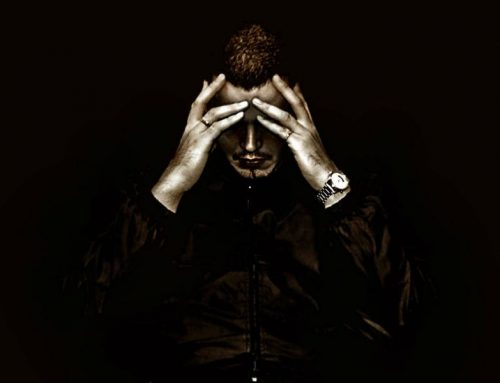Step Three: Made a decision to turn our will and our lives over to the care of God as we understood Him.
For some people, that’s an easy decision.
For others, we’re not even sure where to start. Most of us come to AA with some conception of who God is, how God acts and what being involved with God means. We have our opinions about various religious faiths, even those of us who don’t believe in “God” have reasons why.
Yet here we stand, driven by the insanity of an alcoholic life, facing a decision about faith.
Don’t be confused about what faith means. All those ideas, opinions, resentments – even experiences – bear scrutiny in the light of sobriety. We know now that our thinking has been skewed. That is the whole point of the Second Step – we come to grips with the fact that our thinking is irrational and illogical – based on our own experience. Despite our best efforts to change, we repeat self-destructive behaviors, unaware we’re caught in the loop until it’s too late.
Trusting in power greater than ourselves is our first chance at hope. And then we hear the G-word.
- For some, God is a familiar place, abandoned perhaps while drinking, but still warm and welcoming. They are clear about what this decision will do for them. Sometimes guilt and shame will slow their process, but not for long.
- Being familiar with God doesn’t always mean warm and fuzzy. Some of us were brought up to believe that God was angry, frightening and punishing. We can’t separate the spiritual from the religious and so we struggle.
- Some people reject the notion of God at all – with or without any particular spiritual or religious experience. Some think there is no divine presence at all, others think the presence exists but is indifferent to human concerns.
Even those of us new in the program are aware we might have some “issues.” The Big Book refers to our selfishness in detail, how absorbed we are in our own ideas, plans, needs and wants. And how unsuccessful our response has been. So Step 3 asks us to consider a different approach – based on our own conception of God.
In Bill’s Story – the first 12 step call in history – that is exactly the opportunity Ebby offered him.
“My friend suggested what then seemed a novel idea. He said, ‘Why don’t you choose your own conception of God?'”
Ebby practiced a specific religious faith. He could have gone for conversion, pitched his religion as Bill’s only hope. But he didn’t. He stepped back and put his friend’s well-being first. Talk about unselfish.
It was that choice which allowed Bill to move past his own bias and pre-disposed notions about who or what God is. Imagine if he hadn’t made that leap? Would AA even exist? It’s very important to remember when we discuss God in meetings or with the people we sponsor. The steps are written to reduce the alcoholic ego and expand our ability to connect with something greater.
It is my experience that our relationship with that God will grow and change.
So as you approach Step 3, if you have reservations about God, read Bill’s Story. If you are sponsoring someone approaching Step 3, read Bill’s Story. Though we can share our personal understanding of God, we cannot give the impression it is a condition for sobriety.
Step Three is not a baptism – it is a decision to move forward with the steps. Your conception of God, your decision.






